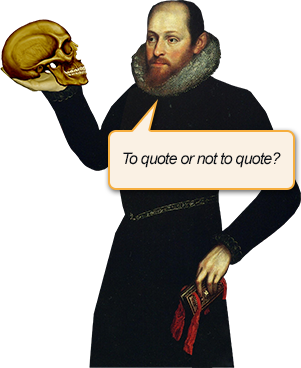Gorgias by Plato Quotes
Shmoop will make you a better lover...of quotes
ALL QUOTES POPULAR BROWSE BY AUTHOR BROWSE BY SOURCE BROWSE BY TOPIC BROWSE BY SUBJECTSurely you might say, Callicles, whether you think that Polus and I were right in admitting the conclusion that no one does wrong voluntarily, but that all do wrong against their will?
Context
Here, Socrates is chatting with Callicles toward the end of Plato's Gorgias. He's trying to argue to Callicles that it takes more than willpower to avoid being a victim of injustice; it requires, as he puts it, power and art (art as in skill, not as in finger paints). Likewise, Socrates says, it takes more than willpower to stop oneself from being unjust; that also takes power and art.
Sounds pretty good to us, but what exactly does this have to do with the fact that no one commits injustice voluntarily? In fact, doesn't it seem to be a counterargument? If it takes power and art to avoid injustice, wouldn't humans who don't have power and art do wrong?
Well, to understand Socrates we need to go back in Gorgias and check out his convo with Polus. There, Socrates establishes that (a) no human would voluntarily harm him or herself, and that (b) doing injustice is always harmful to the perpetrator because it causes shame (peep this). Basically, if doing injustice causes harm to yoruself, and no human would harm him or herself, then no one would voluntarily commit injustice.
Game over; objective complete.
Where you've heard it
People really like to disagree with this one—and you can probably see why.
There's no shortage of articles—okay, blog posts—refuting it…and even a few brave souls defending it. Which are you gonna be?
Pretentious Factor
If you were to drop this quote at a dinner party, would you get an in-unison "awww" or would everyone roll their eyes and never invite you back? Here it is, on a scale of 1-10.

This one may seem a bit strange, but it's not exactly pretentious.
